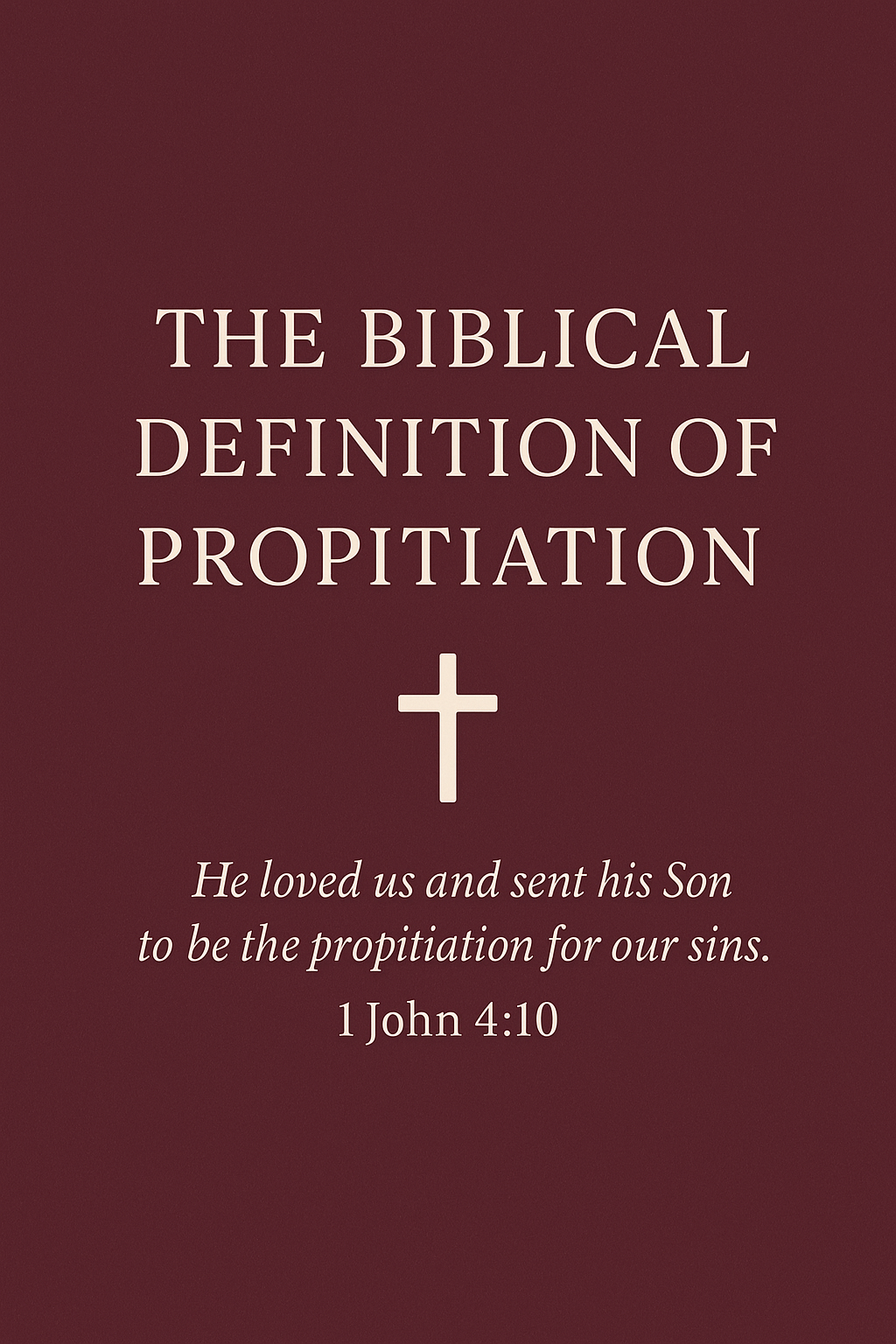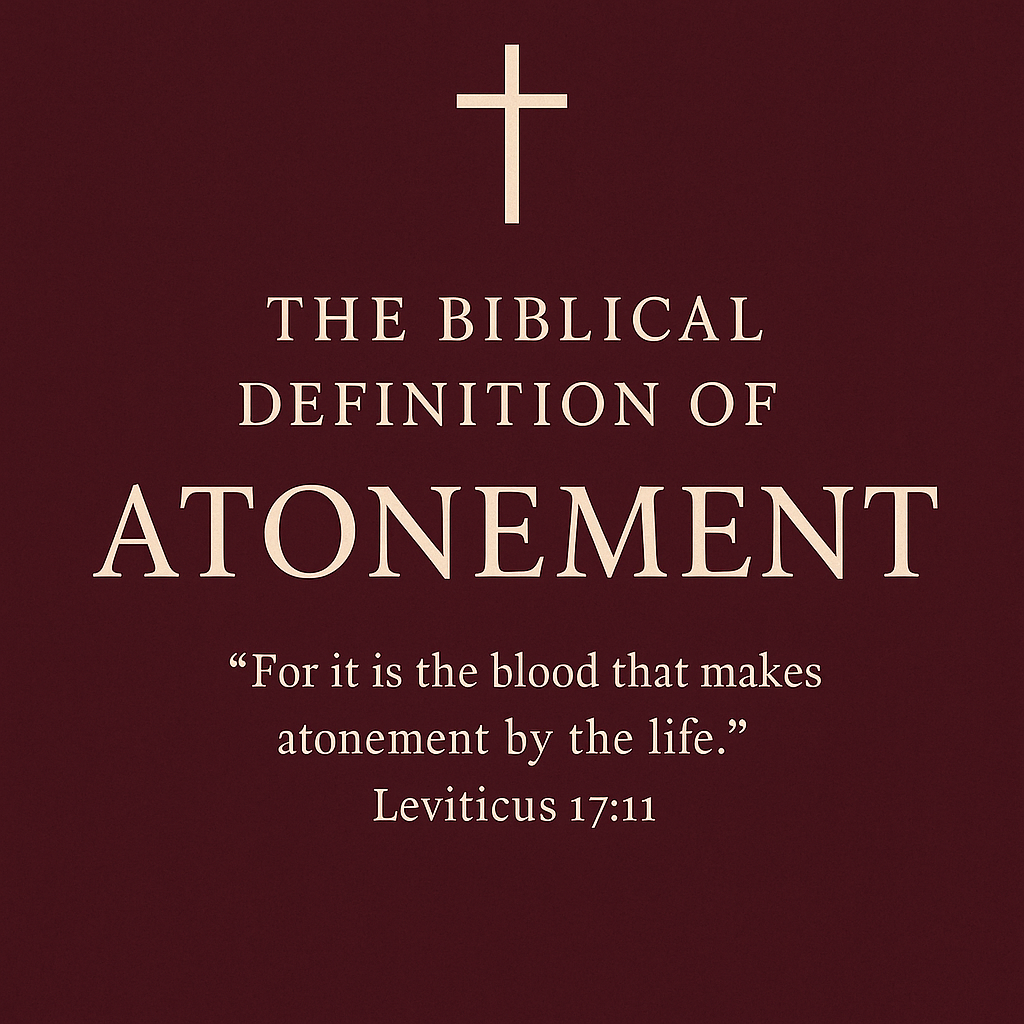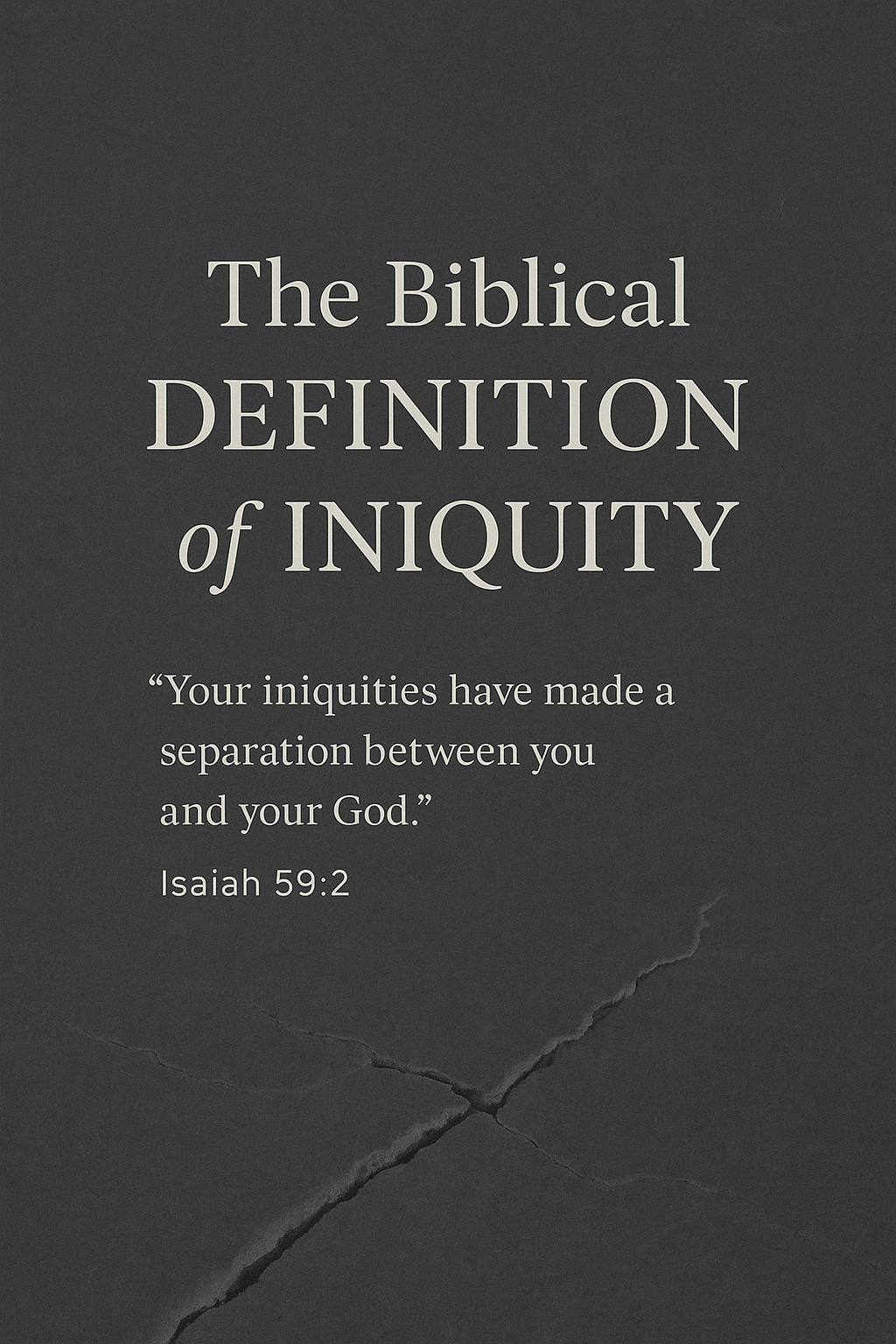Biblical Definition of Redemption
The biblical definition of redemption is the act by which God delivers humanity from the bondage and penalty of sin, paying the price through the sacrificial death of Jesus Christ135. This concept is foundational to Christian theology and shapes the entire narrative of salvation history.
What Does “Redemption” Mean in the Bible?
Redemption in the Bible refers to being bought back, rescued, or liberated from captivity, most often from sin and its consequences. The term carries the idea of a ransom paid to secure freedom, highlighting both the costliness and the grace involved in God’s saving work1357.
Old Testament Roots
Hebrew words: The Old Testament uses several Hebrew words for redemption, including pada (to substitute), gaal (to reclaim as a kinsman), and kapar (to cover)1.
Redemption in Israel’s history: The Exodus is a prime example, where God redeemed Israel from slavery in Egypt (Exodus 6:6; Deuteronomy 7:8). Here, redemption is both a physical deliverance and a spiritual metaphor for God’s saving power.
New Testament Fulfillment
Greek term: The New Testament word apolutrósis means release by payment of a ransom3.
Christ’s sacrifice: Redemption is ultimately fulfilled in Jesus, “who gave himself as a ransom for all” (1 Timothy 2:5–6). His blood is the price paid for our freedom (Ephesians 1:7; 1 Peter 1:18–19)235.
Key Biblical References on Redemption
Romans 3:23–24: “All have sinned and fall short of the glory of God, and are justified freely by his grace through the redemption that came by Christ Jesus.”
Ephesians 1:7: “In him we have redemption through his blood, the forgiveness of sins, in accordance with the riches of God’s grace.”
1 Peter 1:18–19: “You were not redeemed with perishable things like silver or gold... but with the precious blood of Christ, a lamb without blemish or defect.”
Colossians 1:13–14: “He has delivered us from the domain of darkness and transferred us to the kingdom of his beloved Son, in whom we have redemption, the forgiveness of sins.”
Galatians 3:13: “Christ redeemed us from the curse of the law by becoming a curse for us.”
Theological Meaning and Significance
1. Redemption as Ransom and Rescue
Redemption means that humanity, enslaved by sin, is set free by the payment of a price—the death of Jesus Christ35. This ransom is not paid to Satan or any cosmic force, but satisfies the justice and holiness of God.
“Redemption… refers supremely to the work of Christ on our behalf, whereby he purchases and ransoms us—at the price of his own life—securing our deliverance from the bondage and condemnation of sin.”3
2. Redemption as Forgiveness and Adoption
Through redemption, believers receive:
Forgiveness of sins (Ephesians 1:7)
Justification—being declared righteous (Romans 3:24)
Adoption into God’s family (Galatians 4:5)
Freedom from the curse and bondage of the law (Galatians 3:13; 4:5)
Peace with God (Colossians 1:18–20)
The indwelling of the Holy Spirit (1 Corinthians 6:19–20)5
3. Redemption as a New Identity
Redemption transforms believers from slaves to sin into children of God, giving them a new identity and purpose5. The redeemed are called to live in holiness and serve God, reflecting the character of Christ.
Redemption in the Story of the Bible
Old Testament Shadows
The Passover Lamb: In Exodus 12, the blood of the lamb spared Israel from judgment—a foreshadowing of Christ’s sacrifice2.
Kinsman-Redeemer: The story of Ruth and Boaz illustrates redemption as a family member purchasing back what was lost (Ruth 4).
New Testament Reality
Jesus as Redeemer: Jesus is the ultimate Redeemer, fulfilling all Old Testament types and promises. His death is the once-for-all sacrifice that accomplishes redemption for all who believe (Hebrews 9:12).
Redemption and the Gospel
Redemption is at the heart of the gospel message. To understand salvation, one must grasp the depth of what it means to be redeemed:
From what are we redeemed? Sin, guilt, death, and separation from God235.
By what means? The precious blood of Christ, a perfect and willing sacrifice23.
For what purpose? To bring us into relationship with God, to live as His people, and to glorify Him forever23.
Living in the Light of Redemption
Believers are called to:
Embrace their new identity as redeemed children of God.
Live in gratitude and obedience, motivated by the costliness of their redemption.
Proclaim the message of redemption to others, inviting them to experience God’s saving grace.
Frequently Asked Questions
Q: Is redemption only about forgiveness?
A: Redemption includes forgiveness but is broader, encompassing liberation from sin’s power, adoption, and transformation into God’s family5.
Q: Who needs redemption?
A: According to Scripture, “all have sinned” (Romans 3:23), so every person needs redemption.
Q: Can anyone earn redemption?
A: No. Redemption is a gift of God’s grace, received through faith in Jesus Christ (Ephesians 2:8–9).
Q: What is the difference between redemption and salvation?
A: Redemption is a key aspect of salvation, focusing on the price paid and the liberation accomplished. Salvation encompasses the entire process of being saved, including redemption, justification, sanctification, and glorification3.
Conclusion
The biblical definition of redemption is God’s gracious act of delivering sinners from bondage through the sacrificial death of Jesus Christ. It is the central theme of Scripture, the heart of the gospel, and the foundation of Christian hope. Through redemption, believers are forgiven, transformed, and given eternal life—a truth that calls for worship, gratitude, and faithful living.



















